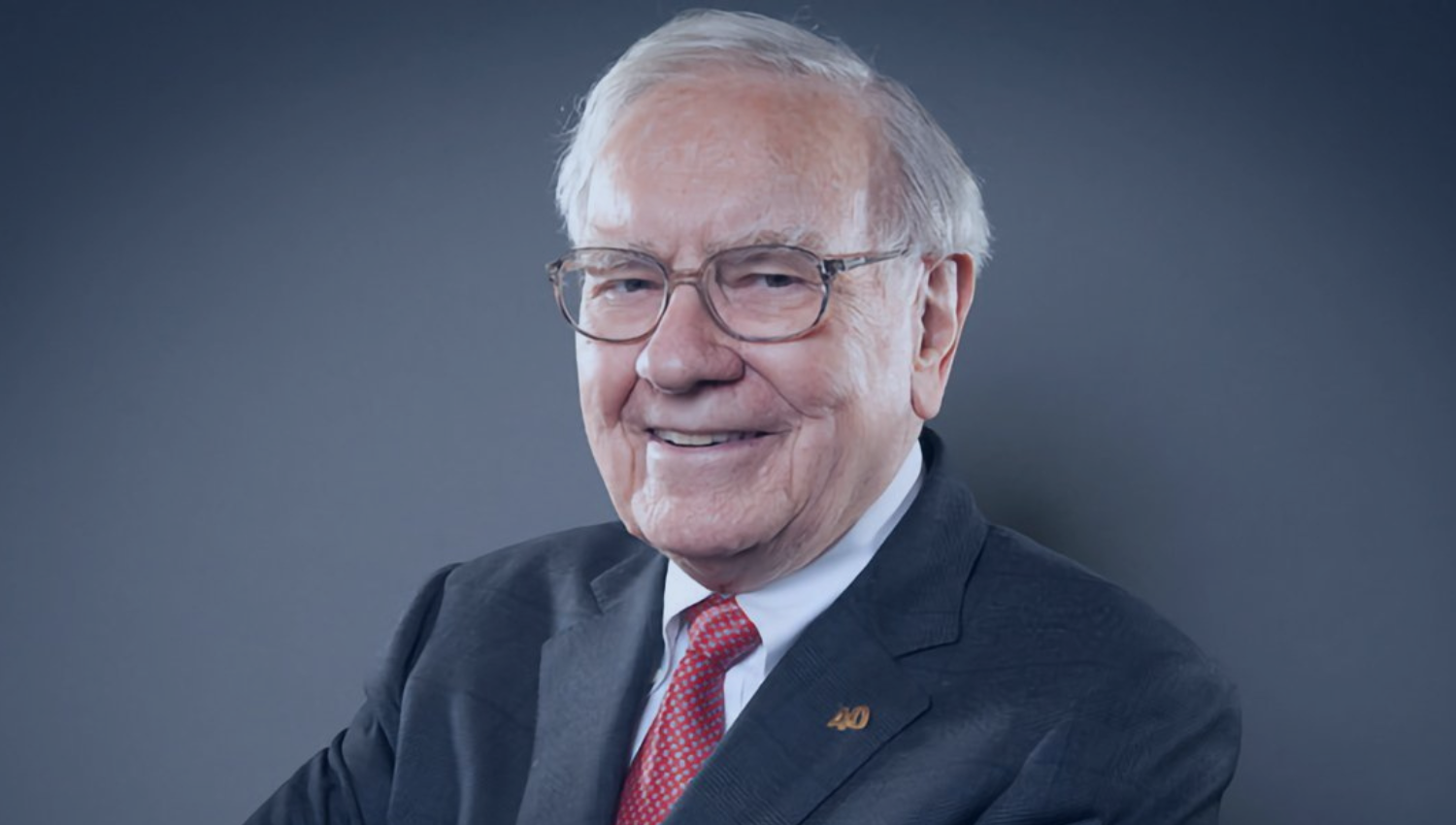Introduction
Warren Buffett, known as the “Oracle of Omaha,” has long been revered as one of the greatest investors in history. His investment strategies and principles, largely centered around value investing, have guided Berkshire Hathaway to immense success. This article explores the core aspects of Buffett’s investment mantra, offering insights into his approach that combines patience, value, and a profound understanding of business economics.
Understanding Value Investing
At the heart of Buffett’s strategy is value investing, a concept he refined under the mentorship of Benjamin Graham, often referred to as the “father of value investing.” Value investing involves identifying companies that are undervalued by the market. Buffett’s approach goes beyond simple metrics; he looks for companies with understandable business operations, strong long-term prospects, and competent management.
The Significance of Economic Moats
Buffett emphasizes investing in businesses with durable competitive advantages, or “economic moats.” These moats could be in the form of brand loyalty, proprietary technology, regulatory licenses, or high capital requirements for new entrants. This concept ensures that businesses can maintain superior earnings over a long period against competitors.
Management Quality
Another pillar of Buffett’s investment philosophy is the quality of management. He believes in investing in companies run by competent and honest managers. According to Buffett, even the most robust business model cannot thrive under poor management. He values executives who are adept at making rational decisions, particularly about reinvesting profits and returning capital to shareholders through dividends or share repurchases.
Financial Health and Debt Management
Buffett prefers companies that are not only profitable but also possess strong balance sheets. He is wary of excessive debt and often opts for companies that generate significant cash flows relative to their debt obligations. This conservative stance on leverage minimizes risk and aligns with his long-term investment horizon.
Long-term Perspective
Patience is a virtue in Buffett’s investment strategy. He famously said, “Our favorite holding period is forever.” This long-term outlook helps in riding out market volatility and allows the investor to benefit from the power of compounding. Buffett’s approach involves buying and holding onto stocks whose value and dividends are expected to grow indefinitely.
Market Fluctuations as Opportunities
Buffett views market fluctuations as opportunities rather than risks. He suggests that investors should be “fearful when others are greedy and greedy when others are fearful.” This contrarian approach often allows him to purchase great companies at discounts during market downturns, and sell when valuations become excessively high.
Philanthropy and Ethical Investing
Beyond financial metrics and economic theories, Buffett’s investment mantra is also shaped by ethical considerations and philanthropy. He is committed to giving away a significant portion of his wealth, believing that it can achieve greater social impact through charitable works than if it were simply bequeathed to his heirs.
Conclusion
Warren Buffett’s investment strategies offer profound lessons on risk assessment, economic value, and ethical responsibility. His mantra is not just about choosing the right stocks but also about adopting a holistic view of investing as a lifelong learning process. His success underscores the importance of understanding market dynamics, recognizing intrinsic value, and maintaining discipline. Buffett’s approach, characterized by patience, meticulous selection, and ethical consideration, continues to stand as a beacon for investors aiming for long-term wealth creation.
Disclaimer: This is not an Investment Advice. Investing and trading in currencies involve inherent risks. It’s essential to conduct thorough research and consider your risk tolerance before engaging in any financial activities.



